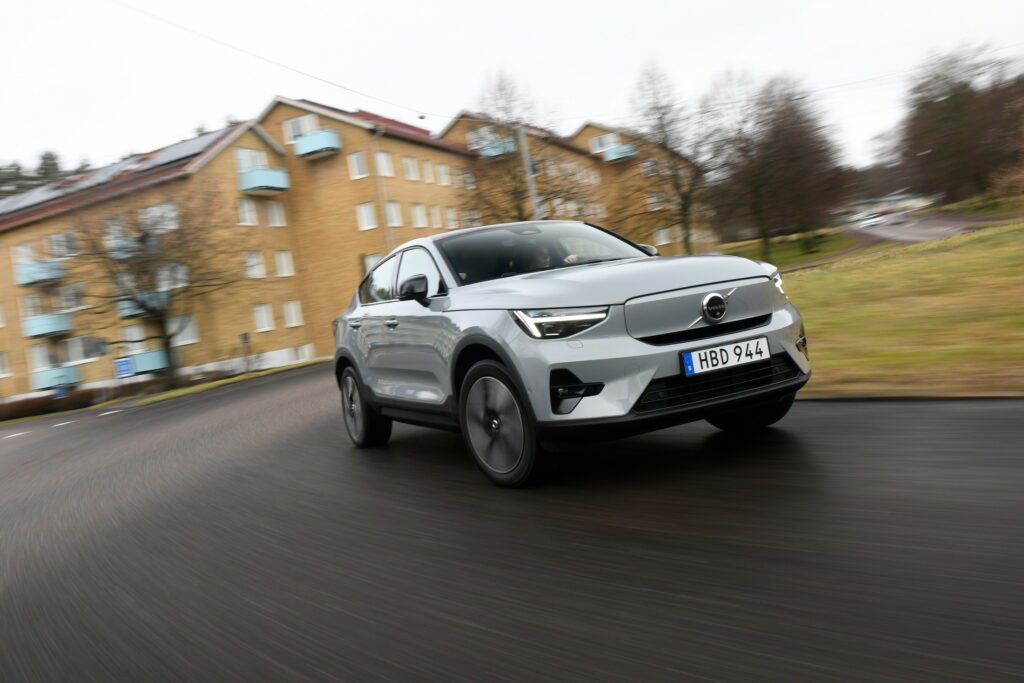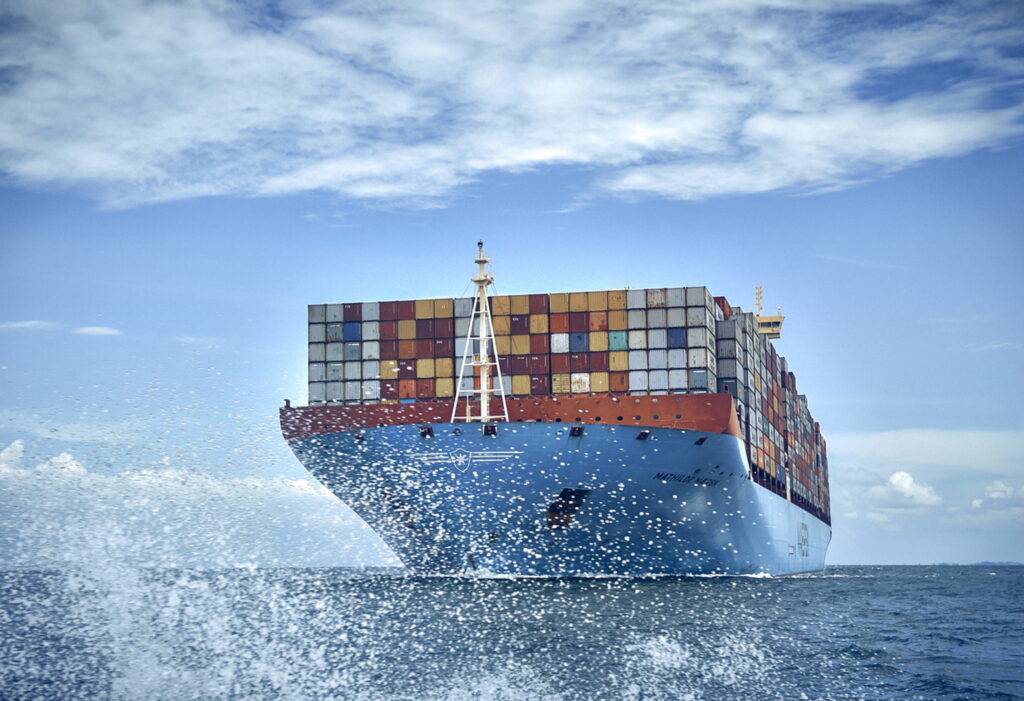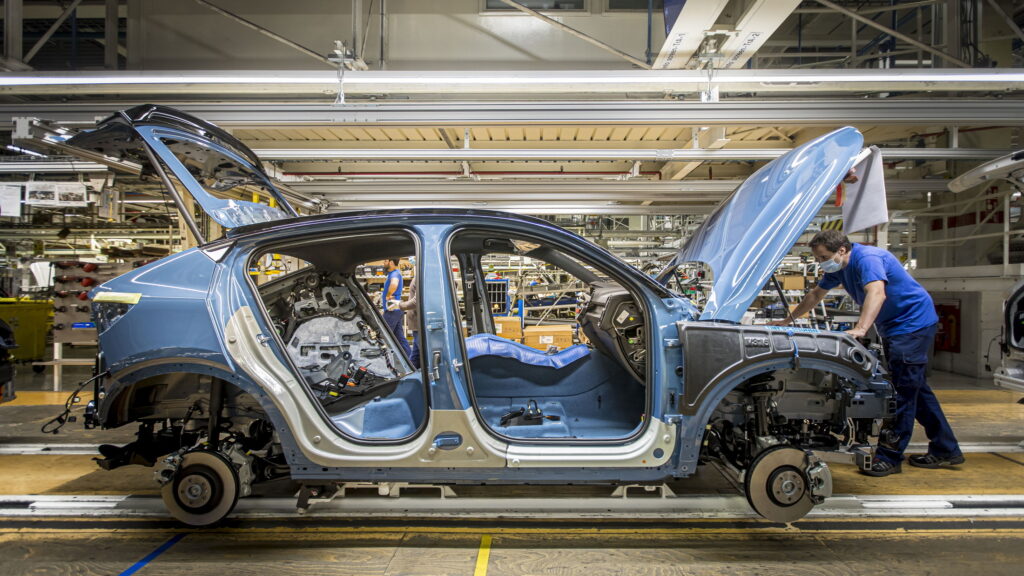Following Tesla, Volvo is the latest automaker to halt production in Europe due to disruptions caused by recent attacks on vessels in the Red Sea by the Houthis, a Yemeni rebel group also known as Ansar Allah, which translates to supporters of God. Other automakers are also working to mitigate the impact of these attacks on production.
Geely-owned Volvo said production at its Ghent plant in Belgium, which produces the XC40 and C40, will stop for three days next week because “adjusted sea routes” have delayed the delivery of gearboxes, according to the New York Times. The delay has been prompted by the need to reroute cargo ships in order to avoid violence in the Red Sea.
The Swedish automaker said it does not expect the shutdown to have an impact on its ability to reach its wholesale or production targets, reports Autonews. Work at its plant in Gothenburg, Sweden, has not been affected.
Read: Attacks On Ships In Red Sea Forced Tesla To Pause German Production For Two Weeks

Earlier, Tesla said it would be pausing production at its Berlin plant due to the attacks. The site will stop making Model Ys from January 29 to February 11. Elsewhere, Volkswagen says it is in close communication with shipping companies in order to reduce disruption. Meanwhile, Stellantis says that it is relying on air freight to deal with temporary supply issues.
Recent attacks in the Red Sea were launched by the Houthis, who stated their aim to end Israel’s offensive in the Gaza Strip, as reported by the CBC. The action has been denounced by the United Nations Security Council, which this week adopted a resolution demanding an immediate stop to their attacks on merchant and commercial vessels.
The Red Sea connects Europe to Asia through the Suez Canal, and the attacks have led numerous shipping companies to avoid the area. Instead, they are choosing the longer and more costly route around the Cape of Good Hope in Africa,
The popularity of the Suez Canal as a shipping route means that more automakers are likely to experience delays soon, according to Sam Fiorani, the vice president of AutoForecast Solutions.
“Tesla relies heavily on China for battery components, which need to be transported to Europe through the Red Sea, putting production constantly at risk,” he said. “It can’t be believed that they are alone; only the first to reflect the issue.”





